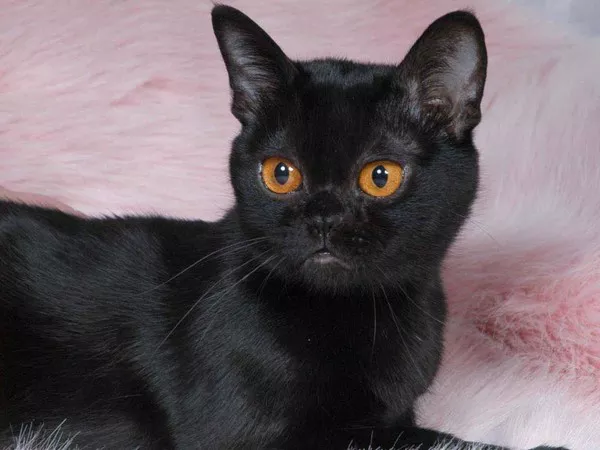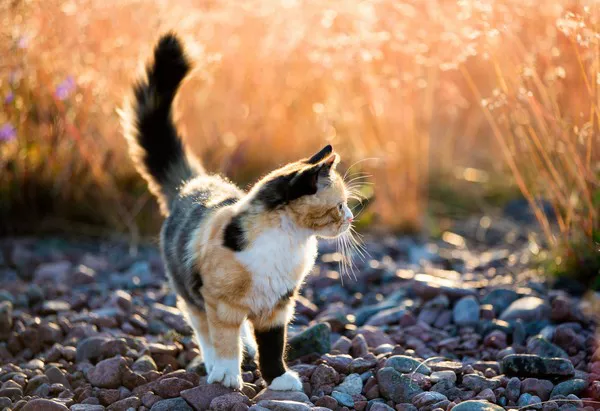The age-old question, “Are you a dog person or a cat person?” often yields humorous responses, yet recent research suggests that this seemingly lighthearted question may reveal deeper insights. The preference for dogs, often seen as loyal and friendly companions, over cats, which are perceived as self-reliant and independent, appears to be a common trend.
This research delves into the underlying reasons for these preferences.
A team of international researchers conducted a study that involved surveying 2,117 participants across Austria, Denmark, and the United Kingdom. Among the participants, 844 were dog owners, 872 owned cats, and 401 were proud owners of both dogs and cats.
The survey aimed to explore pet owners’ attitudes towards pet health insurance and their willingness to invest in life-saving treatments for their beloved animals. Emotional attachment to their pets was gauged using the Lexington Attachment to Pets Scale.
The study’s findings indicate that, on the whole, people tend to place a higher value on their dogs compared to their cats. Notably, this preference was most pronounced among pet owners in Denmark. In Austria, the disparity was somewhat less pronounced, and the United Kingdom saw the smallest divide.
Bioethicist Peter Sandoe, hailing from the University of Copenhagen in Denmark, noted, “While people care more about their dogs than their cats in all countries, the degree of difference varied dramatically between countries. It doesn’t therefore seem to be a universal phenomenon that people care much less about their cats than their dogs.”
Intriguingly, the research highlights the stereotype that the British are ardent cat lovers, a notion affirmed by the study’s findings. As Sandoe observed, “The British are often portrayed as a nation of cat lovers, which is certainly confirmed by our study.” Meanwhile, Denmark, which exhibited the most considerable difference, is suggested to have some progress to make in this regard.
So, why the propensity to favor dogs? Researchers posit that this inclination stems from dogs’ tendency to reciprocate affection and engage with their owners more actively. In contrast, cats are often seen as more independent and less reliant on their human counterparts.
These findings shed light on the complex dynamics of pet-human relationships and the influence of cultural and personal preferences on the choices we make when it comes to our animal companions.
In the grand debate of dogs versus cats, it appears that our preferences may say more about us than we might have initially thought.



























